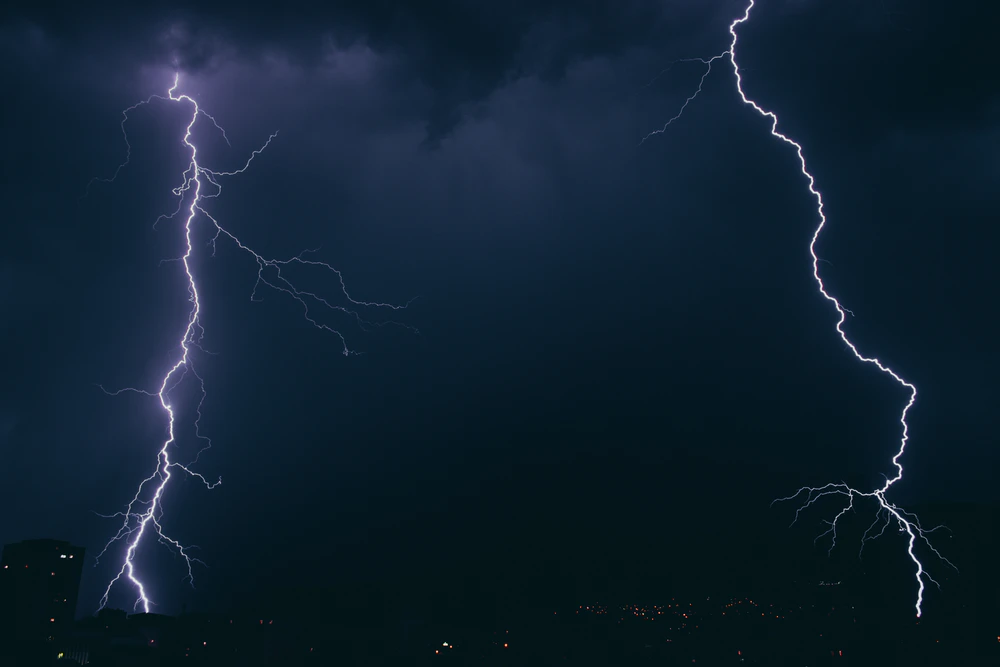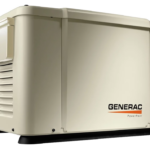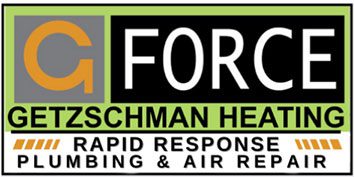NOW OFFERING WHOLE HOME GENERATORS!
CALL TO ASK ABOUT OUR SPECIAL FINANCING OPTIONS.
How To Protect Your HVAC System From Power Surges

Thunderstorms can cause a lot of damage with high winds and downed trees, but one of the biggest dangers they pose is power surges. Power surges are not limited to lightning storms – they occur at any time throughout the year for various reasons. When a power surge hits, not only can it cause serious damage to appliances, televisions, computers, and other plugged-in devices, it can damage your HVAC system as well.
What Causes Power Surges?
Power surges are spikes in electricity that usually occur when the flow of electricity is interrupted and then begins again. They usually only last a couple of seconds. Surges can be internal or external. Internal surges originate from a source inside the home like faulty wiring or damaged components on an appliance or other electric powered device. Lightning strikes are external surges. Power surges also occur due to electricity flow changes within the power grid, such as:
- The sudden surge when electrical power is restored following an outage
- Electrical utility equipment malfunctions, such as broken electrical lines or overheated transformers
- Tree limbs falling on electrical lines, rerouting electricity to the ground instead of through the line
While lightning strikes are the most powerful surges, they are also the rarest. Smaller surges from within the home are actually the most common cause of power surges.
How Can a Power Surge Damage Your HVAC System?
Today’s furnaces and air conditioners have circuit boards and electronics that are highly sensitive to changes in electrical currents. A power surge can cause your furnace or AC to stop working or even blow out. It could also overheat and possibly start a fire. With a power surge, some electricity escapes causing arcing. Overheating also causes damage to the capacitor. Wiring can melt due to arcing and overheating. Depending on the level of damage, repair costs can be extremely expensive. In some cases, it costs less to replace your furnace or air conditioner than repair it.
Protect Your HVAC System
The best defense for your heating and cooling system against a power surge is a whole home surge protector. Whole home surge protectors are installed in the breaker box between your home’s electrical system and the power grid and absorb excess electricity, channeling it into your home’s grounding wire. It will protect your entire home from any surges that occur, including lightning strikes and power surges from within the house.


